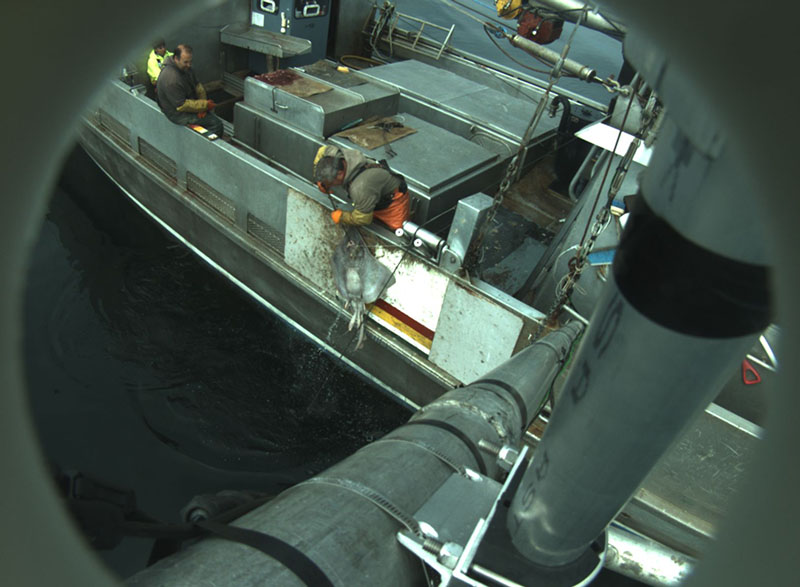Effective fisheries management requires cooperation between managers and fishermen. Cooperation involves a certain amount of trust. Managers must be able trust that data being provided by fishermen is correct, and fishermen must trust that managers are analyzing those data properly. It is a two-way street.
The councils and NMFS appear not to trust fishermen when they propose requiring vessel monitoring systems and electronic video monitoring to be installed on commercial fishing vessels. Basically, they are telling the fishermen we really don’t trust you telling us where you were fishing and what you caught and discarded, so we are putting an ankle monitor on you and will have a video camera watching your every move.
I get the fish are a public resource deal — those harvesting a public resource need to do it in an acceptable manner, and accurate data are required to manage the resource properly argument. Likewise, tax dollars are a public resource of sorts and should be monitored and managed properly. If NMFS and the councils really want to start down the path of distrust, then fishermen may want to consider doing the same. After all, we have a right to know how our tax dollars are being spent, and it is tax dollars that pay the salaries of NMFS staff and council members.
So, I am proposing that all NMFS personnel and council members wear a radio collar — similar to what wildlife biologists use on bears, wolves, etc., so we know where they are 24 hours a day, just like a VMS does on a commercial fishing vessel. Let’s call the radio collar something nice, like a Federal Employee Monitoring System. I know the radio collars will be a little awkward at first, but so is a VMS unit on a small open outboard vessel fishing the southern Gulf of Mexico with a reef fish permit, but it is required.
The FEMS, like the VMS, will only tell the fisherman/taxpayer the location of the federal employee and not what they are actually doing. In addition, I propose video cameras be set up in the workplace and call it something cool, like an employee monitoring device. We need to make certain that all rules are being adhered to: e.g., coffee and lunch breaks not exceeding time allowed, stock assessments being worked on rather than computer games being played, employees not cutting out of work early. Basically, we want to make sure our tax dollars are being managed and spent in a sustainable manner, as we do with fisheries. Just as a fisherman must request a power-down exemption to turn off a VMS unit, the federal fisheries employees must also request a power-down exemption to turn off and remove the FEMS unit. Acceptable reasons will include such activities as major surgery, going through an MRI, X-rays. Otherwise, the FEMS must be worn and transmitting 24 hours a day, just like the VMS on a commercial fishing vessel.
Seriously folks, we all agree that fisheries need to be monitored and managed properly in order to be sustainable for generations to come. But some of the methods being proposed, like VMS or EM on small open fishing vessels may be going a little bit too far.
Don DeMaria
Summerland Key, Fla.
This column does not necessarily reflect the opinion of National Fisherman and its owners.







